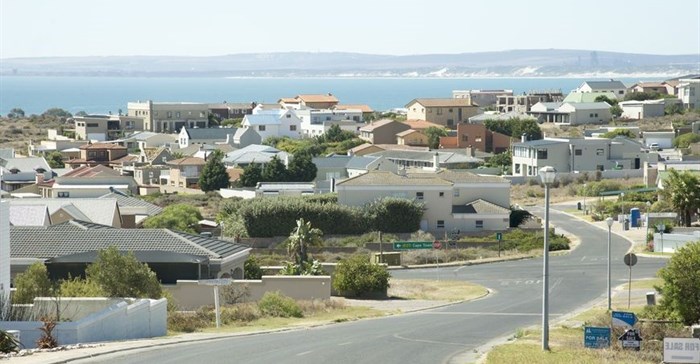
He says it would also provide added incentive for savvy first-time buyers wanting to gain a foothold on the property ladder.
“While we await the ratings announcement from Moody’s, the third major global ratings agency, and against the backdrop of volatile socio-political factors and slower national house price inflation, the residential property market overall remains strongly resilient.
“For home buyers and those who follow trends in the residential property market, the most common focal point is whether sales and values go up or down. Over the past few years the market has remained remarkably robust, given the poor performance of the economy and nationwide unrest over lack of service delivery and lack of jobs. Throughout 2016 inflation was above the government’s upper target figure of 6%. While this exceeded the national house price inflation rate, certain sectors and regions continued to outperform inflation. The Western Cape regional market in general and Cape Town in particular, strongly outperformed inflation last year.”
Says Sandra Gordon, Pam Golding Properties senior research analyst: “Encouragingly, renewed rand strength, combined with the declining of food price pressures, has seen the inflation rate easing back into the Reserve Bank’s inflation target at 5.3% in April 2017. The longer the rand’s current strength persists, the better the outlook for local inflation and, ultimately, the prospects for an interest rate cut later this year.”
Standard Bank’s recent data shows Western Cape property leading the field with values 39% above their trough in 2008-09, with Gauteng not too far behind with price growth of 35.5% over the same period. FNB’s latest property barometer shows house prices in April improving to 5.5% nationally.
Adds Gordon: “According to our latest Pam Golding Residential Property Index, we are also seeing that house price growth in the Eastern Cape continues to rebound. Cape Town remains the top performing metro, followed by Nelson Mandela Bay, while house price inflation in both Johannesburg and Pretoria appears to be rebounding. A further positive is that semigration to the coast seems to be underpinning coastal housing markets relative to non-coastal.
“These are some of the dynamics which buyers need to take into account when making a sound investment decision. Apart from the ongoing migration of people and movement between regions, other factors include the supply of new housing units and lifestyle trends.”